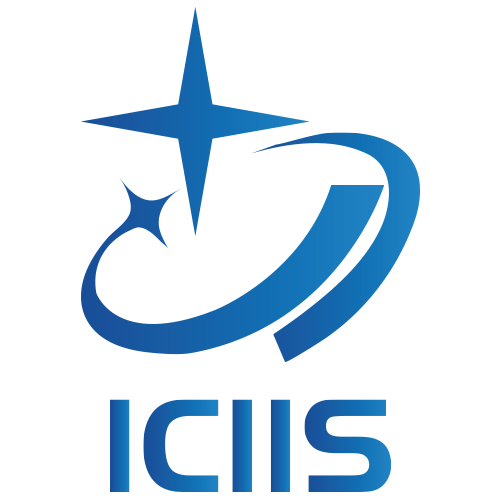| Assoc Prof. Dr Noorminshah A. IahadUniversiti Teknologi Malaysia, MalaysiaBIO: Noorminshah owns the role of a ‘Diplomat’ and the strategy of ‘People Mastery’ based on a personal profiling conducted in the year 2021 as a participant of the UTM Deans Course.She is the academic staff at the Information Systems department, UTM to obtain a PhD degree at the youngest age of 31 years old in 2008. She is experienced in teaching Information Systems related courses at undergraduate and postgraduate level. She is also a PhD research supervisor for students from different countries including Malaysia, Nigeria, Iran, Saudi, Sudan, Yemen and China. A coach and mentor for students who always remind them of the ‘Never Quit’ and ‘Think Big’ spirit. She has also been awarded various research grants at university and national level.She has gained seven years of experience in leading a software development team at Universiti Teknologi Malaysia with five Systems Analysts and twenty programmers applying the agile system development method. A team player and always strive to inspire the team to contribute the very best that they can and never stop learning. |
| Assoc Prof. Dr Aidi AhmiUniversiti Utara Malaysia, MalaysiaBIO: Aidi Ahmi currently is an Associate Professor at the Tunku Puteri Intan Safinaz School of Accountancy, Universiti Utara Malaysia (UUM). He obtained his PhD. in Information Systems and Computing from Brunel University London, United Kingdom. He is a member of the Malaysian Institute of Accountants (MIA) and had been recognised as Professional Technologist (Ts.) by Malaysia Board of Technologies (MBOT). He is also a lifetime member of the Malaysian Accounting Association (MyAA) and Internet Society (ISOC) Malaysia and actively involved with the Asian Academic Accounting Association (FourA). So far, he has authored and co-authored over 90 peer-reviewed technical publications and successfully supervised eight PhD scholars. His research area focuses on accounting information systems, auditing, e-commerce, information and communication technology, and information science. |


